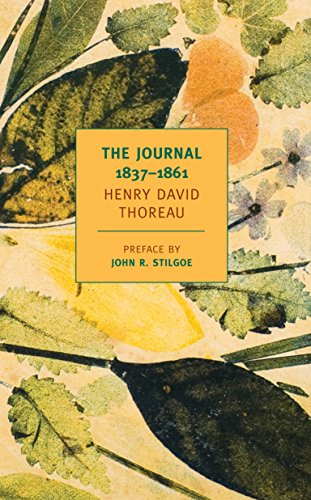Here, you see both the Thoreau who was socially awkward and prickly, who once accidentally set his beloved woods on fire, right beside the warm, energetic Concord citizen who cheerfully led the children out berrying and taught them about nature. If you needed a shed built, a house lot surveyed, a cellar stoned, or a plant identified, Thoreau was always there.
The dreaming Transcendentalist was the same man who figured out a better manufacturing process for the family's pencil business -- who could build his own boat, bed, chair, or house. He grew and entered prize-winning melons at the county fair, made a living as a surveyor, helped runaway slaves to freedom on the Underground Railroad, and stood up for John Brown, even as the fiery abolitionist was being hanged for treason after the raid at Harper's Ferry. But he was still always the dreamer and philosopher -- turning his minute observations of the natural world into ecstatic nature writing, poetry, scientific inquiry, and spiritual epiphany.
One of the most moving things about Thoreau was his continuing struggle to confront and respond to a world that was deeply troubling. His Walden years weren't about becoming a hermit and disengaging -- he was trying to learn how to live a different life, an honest one, that didn't lend support to a culture already turning to overconsumption and indifference to the environment and to a government exterminating Native Americans, making unnecessary wars of conquest, allowing slavery to exist and expand. Walden was a two-year experiment which Walls' book illuminates as only one part of his extraordinary American life.
Walls is often dazzling in her ability to describe the line of Thoreau's thought, as here, when he is contemplating the changing world in the face of industry and commerce.
As the raw wound of the railroad's "deep cut" thaws and flows, he sees in the flowing sands the canvas of creation, revealing the great truth that we live not on the surface of a dead planet but in and through a living earth, like a leaf unfolding.
And after reading 500 pages of Thoreau's biography, you feel as if you're just embarking on a journey -- being led back into his writing, and ready to tackle the most primary source of all -- the Journals that Thoreau kept for almost all of his adult life.

